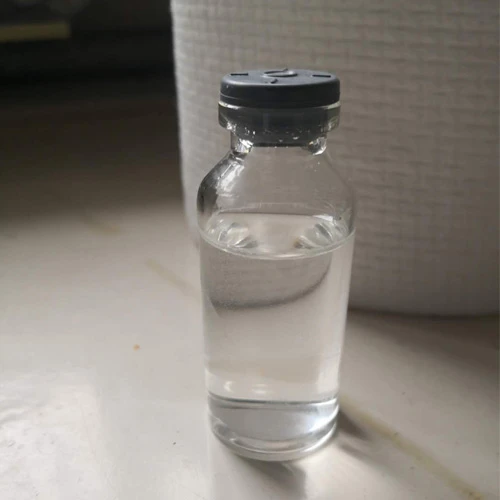The Role of Biopharmaceutical Ingredient Manufacturers in Modern Medicine
Biopharmaceuticals, which encompass a variety of therapeutic products produced from biological sources, are revolutionizing modern medicine. These products include monoclonal antibodies, therapeutic proteins, vaccines, and cell and gene therapies, among others. Central to the development and production of these biopharmaceuticals are biopharmaceutical ingredient manufacturers—companies that specialize in supplying the raw materials and active pharmaceutical ingredients (APIs) needed for the formulation of these advanced therapies.
Importance of Biopharmaceutical Ingredients
Biopharmaceutical ingredients are crucial for the efficacy, safety, and overall success of biopharmaceutical products. These ingredients are often derived from living organisms or their products, making their manufacturing processes complex and highly regulated. Unlike traditional small molecule drugs, which can be synthesized through chemical processes, biopharmaceuticals require careful cultivation and harvesting of biological materials. The quality and consistency of these ingredients directly impact the final product's therapeutic effect.
Manufacturing Processes
The manufacturing processes utilized by biopharmaceutical ingredient manufacturers are sophisticated and technology-driven. Typically, these processes involve several stages, including cell line development, upstream processing, downstream processing, and purification.
1. Cell Line Development The process begins with the selection of a suitable host cell line in which the desired biopharmaceutical can be expressed. Commonly used cell lines include Chinese hamster ovary (CHO) cells, yeast, and even mammalian cells. The chosen cell line undergoes genetic modification to enhance its productivity and optimize the yield of the target protein.
2. Upstream Processing Following cell line development, the cells are cultured in bioreactors where they grow and produce the biopharmaceutical ingredients. This stage requires precise control of environmental conditions, including temperature, pH, and nutrient supply, to maximize yield and maintain cell viability.
3. Downstream Processing Once sufficient quantities of the product have been generated, downstream processing begins. This phase involves several purification steps, such as filtration, chromatography, and centrifugation, to isolate the target ingredient from other cellular materials and impurities.
biopharmaceutical ingredient manufacturers

4. Purification The final purification steps ensure that the biopharmaceutical ingredient meets strict regulatory standards for quality and safety. This is particularly important, as impurities can lead to adverse reactions in patients.
Regulatory Environment
The biopharmaceutical ingredient manufacturing industry operates under rigorous regulatory scrutiny. Agencies such as the U.S. Food and Drug Administration (FDA) and the European Medicines Agency (EMA) have established stringent guidelines to ensure the safety, effectiveness, and quality of biopharmaceutical products. Manufacturers must adhere to Good Manufacturing Practices (GMP), which encompass a wide range of quality assurance measures in manufacturing, testing, and quality control.
Technological Advances
Technological advancements are continuously shaping the landscape of biopharmaceutical ingredient manufacturing. Innovations such as automated bioprocessing, continuous manufacturing, and artificial intelligence (AI) are enhancing efficiency and reducing production times. Furthermore, advancements in synthetic biology and gene editing technologies like CRISPR are opening new avenues for the development of next-generation biopharmaceuticals. These technologies allow for more precise manipulation of biological systems, leading to improved yields and more effective therapeutic products.
The Future of Biopharmaceutical Ingredient Manufacturing
As the demand for biopharmaceuticals grows, so too does the importance of biopharmaceutical ingredient manufacturers. The global biopharmaceutical market is expected to expand significantly, driven by an aging population, increasing prevalence of chronic diseases, and growing investments in biotechnology. Manufacturers will need to adapt to these demands by enhancing their production capabilities, investing in research and development, and ensuring compliance with evolving regulatory requirements.
Moreover, collaboration across the supply chain will become increasingly crucial. Partnerships between ingredient manufacturers, biopharmaceutical developers, and research institutions can foster innovation and drive advancements in treatment modalities.
In conclusion, biopharmaceutical ingredient manufacturers are vital players in the healthcare sector, providing the necessary components to advance modern medicine. Their role in ensuring the quality and efficiency of biopharmaceutical production will be essential as we continue to explore the potential of biologically-based therapies to improve patient outcomes worldwide. As the industry evolves, these manufacturers will remain at the forefront of biopharmaceutical innovation, playing a crucial role in the future of healthcare.

